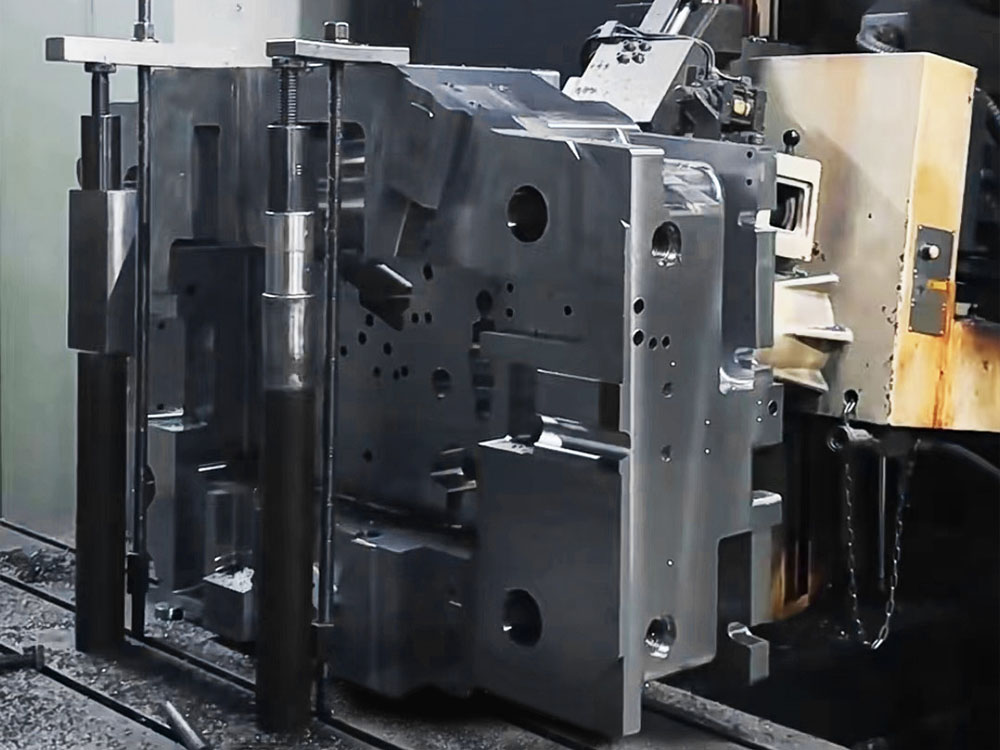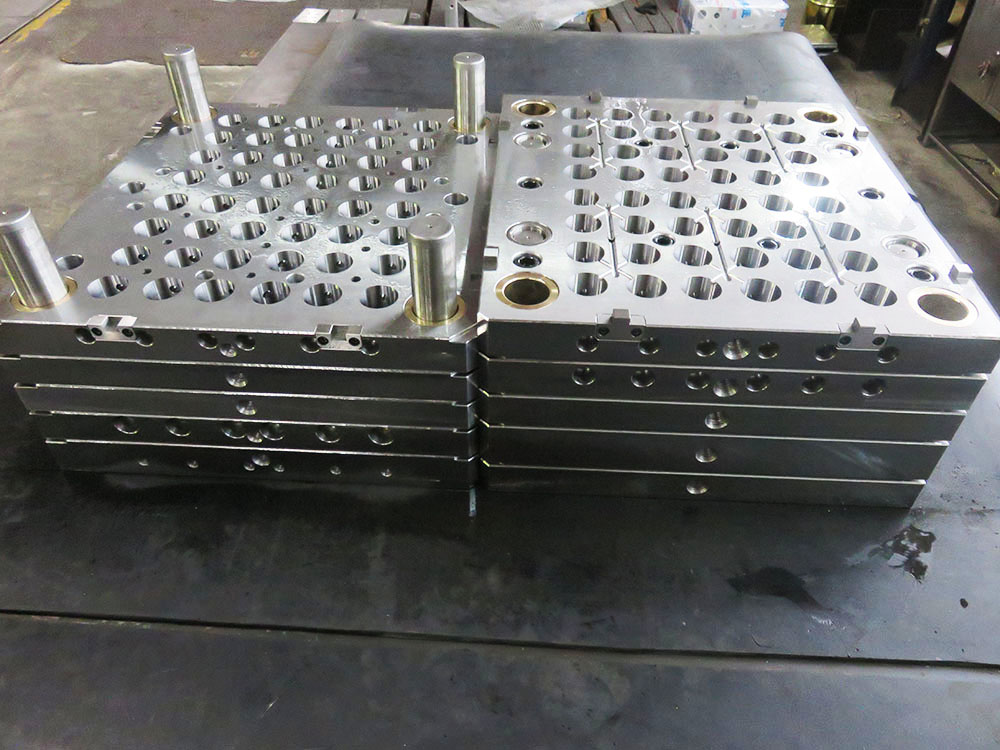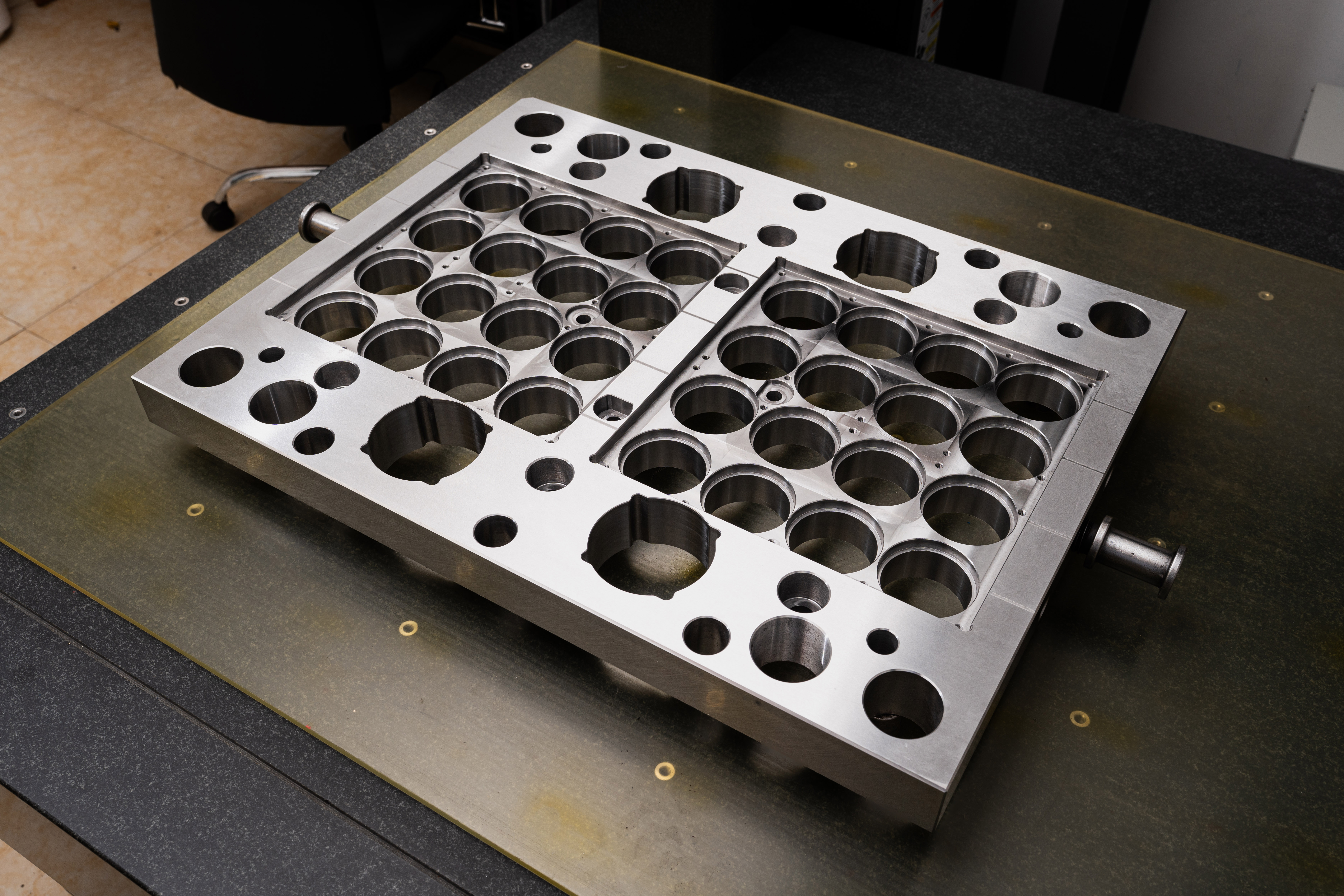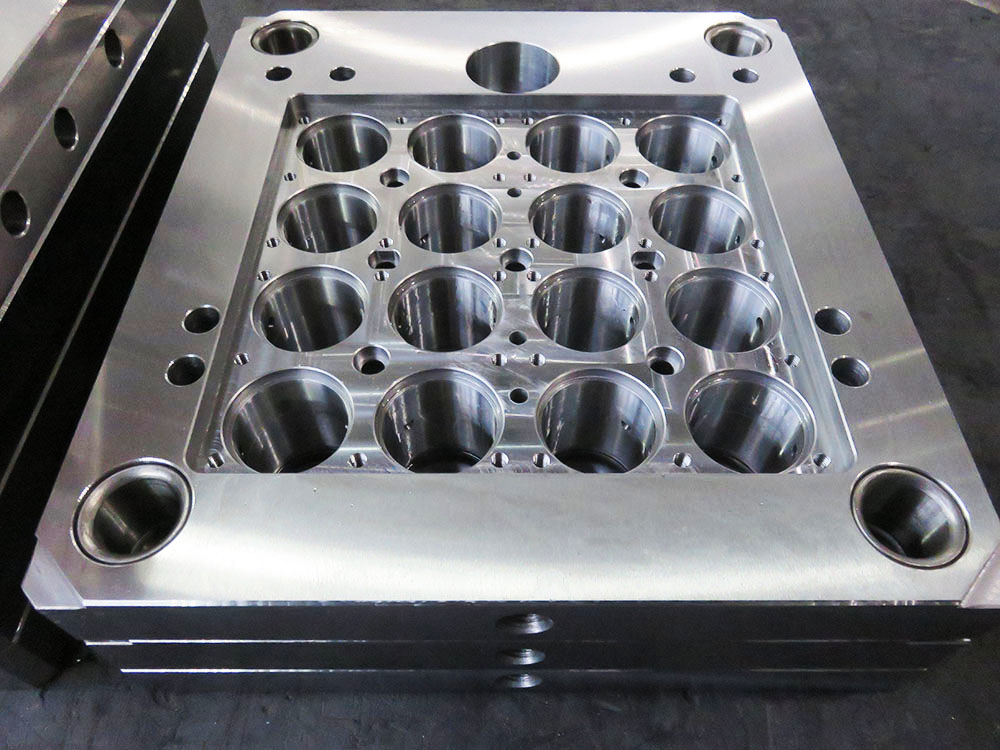The Type of Steel Used in BMC Framework in the Mold Base Industry
Steel is the backbone of the mold base industry, providing the necessary strength, durability, and precision required for manufacturing high-quality molds. In particular, when it comes to the framework of Bulk Molding Compound (BMC) molds, a specific type of steel is preferred for its unique characteristics and compatibility with the molding process.
1. Understanding Bulk Molding Compound (BMC)
Bulk Molding Compound (BMC) is a thermoset molding material that consists of a thermosetting resin, chopped glass fibers, and various fillers and additives. It is widely used in the production of electrical and electronic components, automotive parts, and other high-performance industrial applications.
2. Importance of Steel in the BMC Framework
The framework of a BMC mold is responsible for providing support, stability, and accurate positioning of the mold components during the molding process. It needs to be fabricated from a type of steel that can withstand high pressures, temperature fluctuations, and repetitive movements without deformation or failure.
3. The Preferred Type of Steel
A commonly used steel alloy for BMC framework is P20 steel. P20 is a low-carbon, pre-hardened steel that possesses excellent machinability, good polishability, and high mechanical properties. It is often chosen for its ability to retain its shape and hardness even under demanding molding conditions.
4. Characteristics of P20 Steel
P20 steel exhibits a uniform hardness throughout its structure, allowing for consistent and stable performance during the molding process. It has a hardness range of 28-32 HRC (Rockwell hardness scale), making it suitable for applications that require high surface finish and dimensional accuracy.
P20 steel also possesses good toughness, which is essential for withstanding the mechanical stresses and impact forces encountered during mold operation. This toughness helps to minimize the risk of fractures or cracks, ensuring the longevity and reliability of the BMC mold framework.
5. Surface Treatment Options
In order to enhance the performance and lifespan of the BMC mold framework, various surface treatment options can be applied to the P20 steel. These treatments include nitriding, chrome plating, and ion deposition, each offering specific benefits such as increased hardness, wear resistance, and corrosion resistance.
6. Conclusion
The choice of steel in the BMC framework is crucial for maintaining the integrity and functionality of the mold during the production of high-performance end products. P20 steel, with its excellent mechanical properties and consistent performance, has proven to be a reliable and widely used option in the mold base industry. By utilizing the right type of steel and employing proper surface treatments, manufacturers can ensure the production of top-quality BMC molds for various industrial applications.
Note: The above information is based solely on professional knowledge and expertise in the mold base industry. It is recommended to consult with industry experts and refer to specific technical guidelines for precise and accurate information regarding steel selection for BMC framework.




